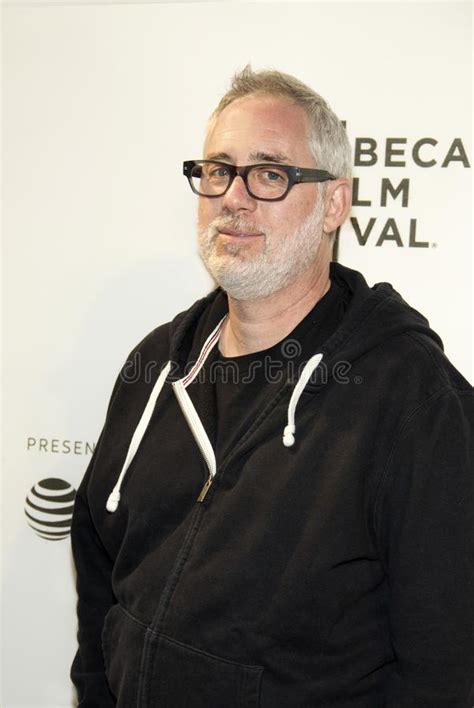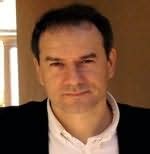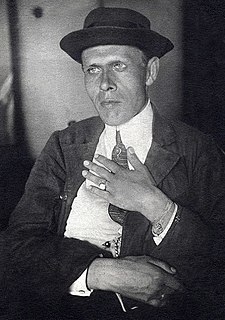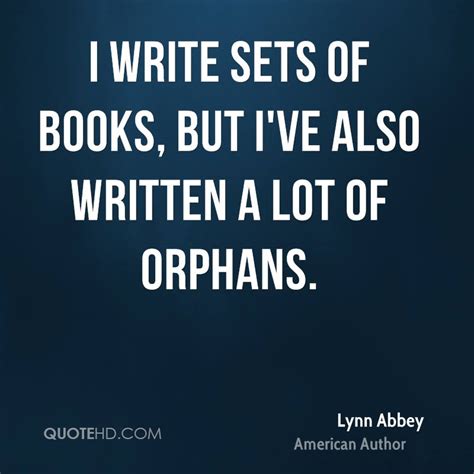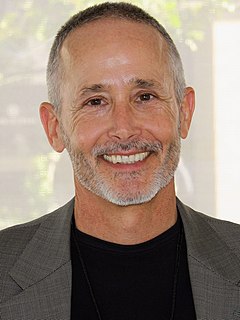A Quote by John Gardner
A common and usually unfortunate answer is “Write about what you know.” Nothing can be more limiting to the imagination, nothing is quicker to turn on the psyche's censoring devices and distortion systems, than trying to write truthfully.
Related Quotes
I write about the power of trying, because I want to be okay with failing. I write about generosity because I battle selfishness. I write about joy because I know sorrow. I write about faith because I almost lost mine, and I know what it is to be broken and in need of redemption. I write about gratitude because I am thankful - for all of it.
To disguise nothing, to conceal nothing, to write about those things that are closest to our pain, our happiness; to write about our sexual clumsiness, the agonies of Tantalus, the depth of our discouragement-what we glimpse in our dreams-our despair. To write about the foolish agonies of anxiety, the refreshment of our strength when these are ended; to write about our painful search for self, jeopardized by a stranger in the post office, a half-seen face in a train window, to write about the continents and populations of our dreams, about love and death, good and evil, the end of the world.
Not write what you know, but know what you write. If you write about a world before, after, or other than this one, enter that world completely. Search it to find your deepest longings and most terrible fears. Let imagination carry you as far as it may, as long as you recount the voyage with excitement and wonder. But this is the most important rule: write the book you most long to read.
I write about, more or less, everything I can think of, that is I stretch my imagination as far as it'll go. I am kind of stuck in the middle as far as my life goes, and hence my imagination tends to zero in on things which are indeed in the middle. That is, I don't write about the very rich, who I scarcely know, or the very poor who I don't know very well either.
To know that one does not write for the other, to know that these things I am going to write will never cause me to be loved by the one I love (the other), to know that writing compensates for nothing, sublimates nothing, that it is precisely there where you are not--this is the beginning of writing.



